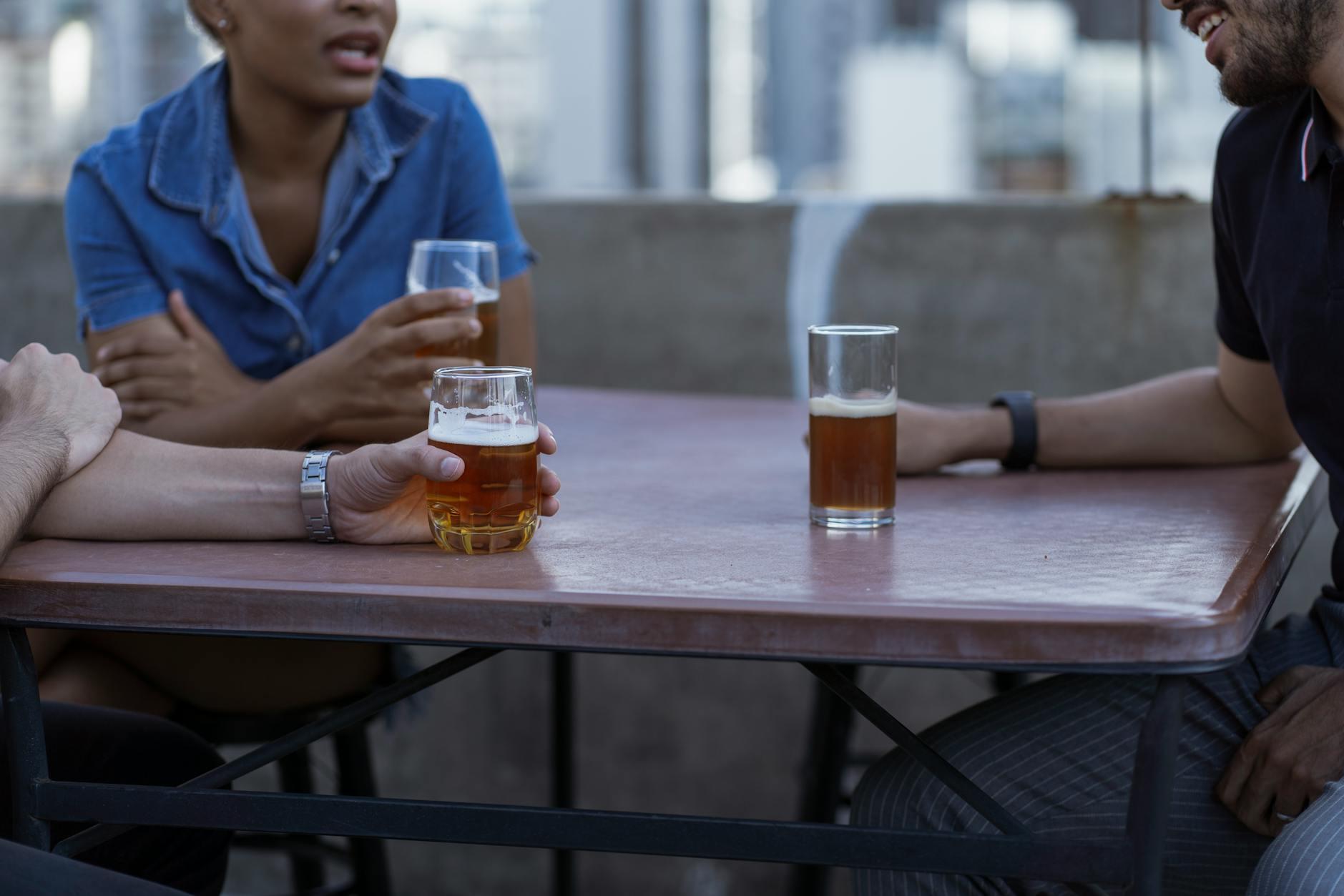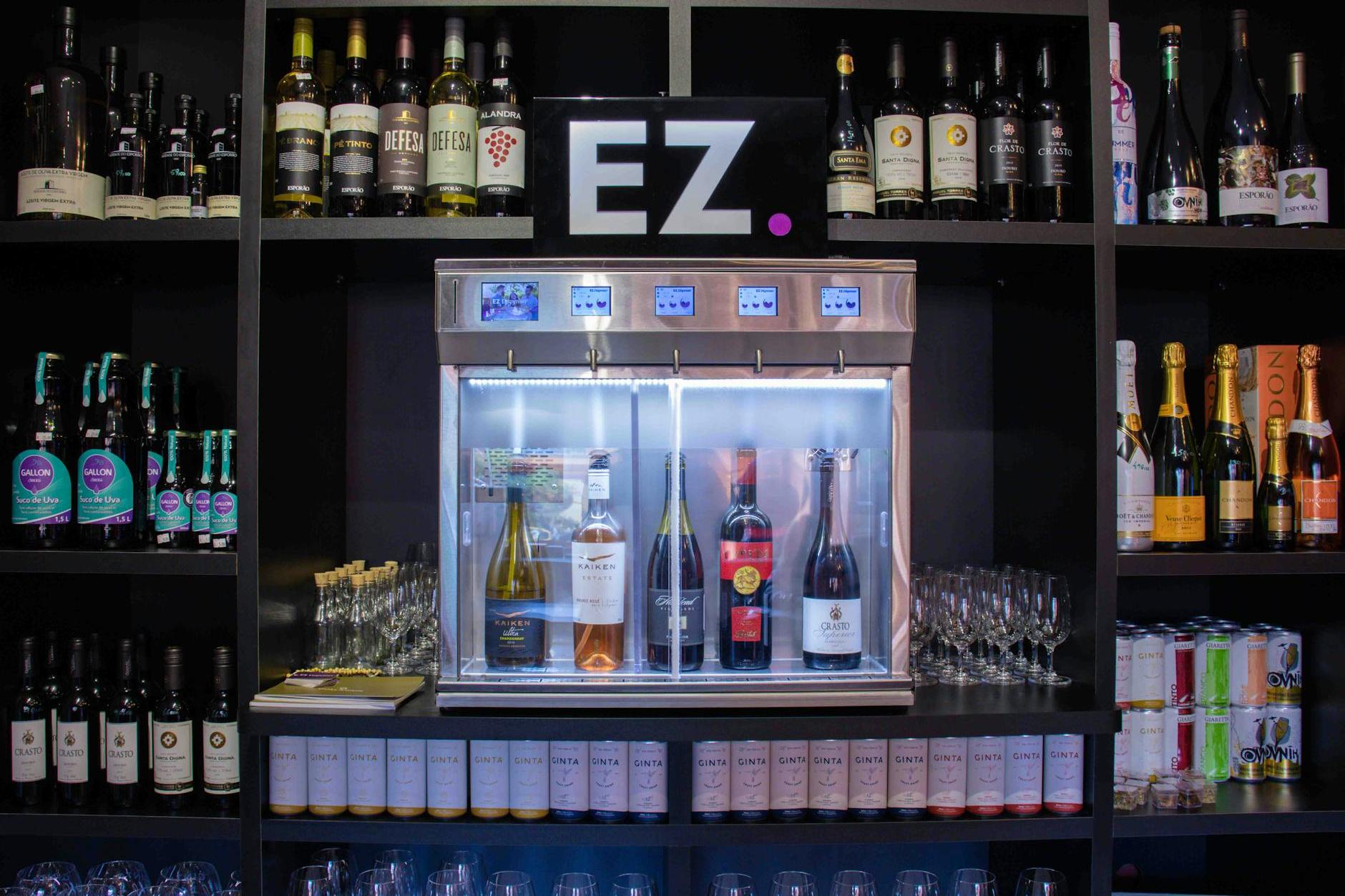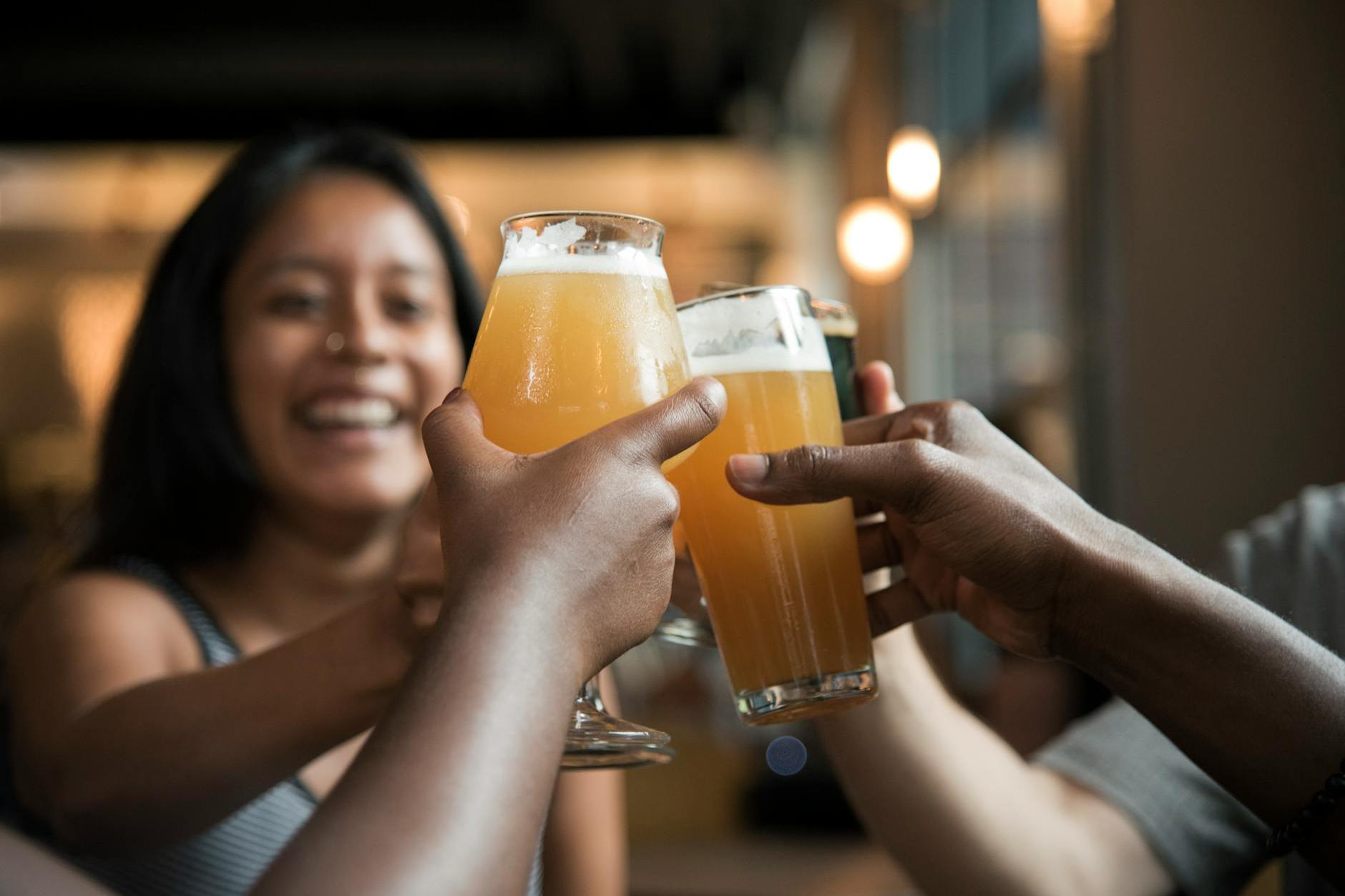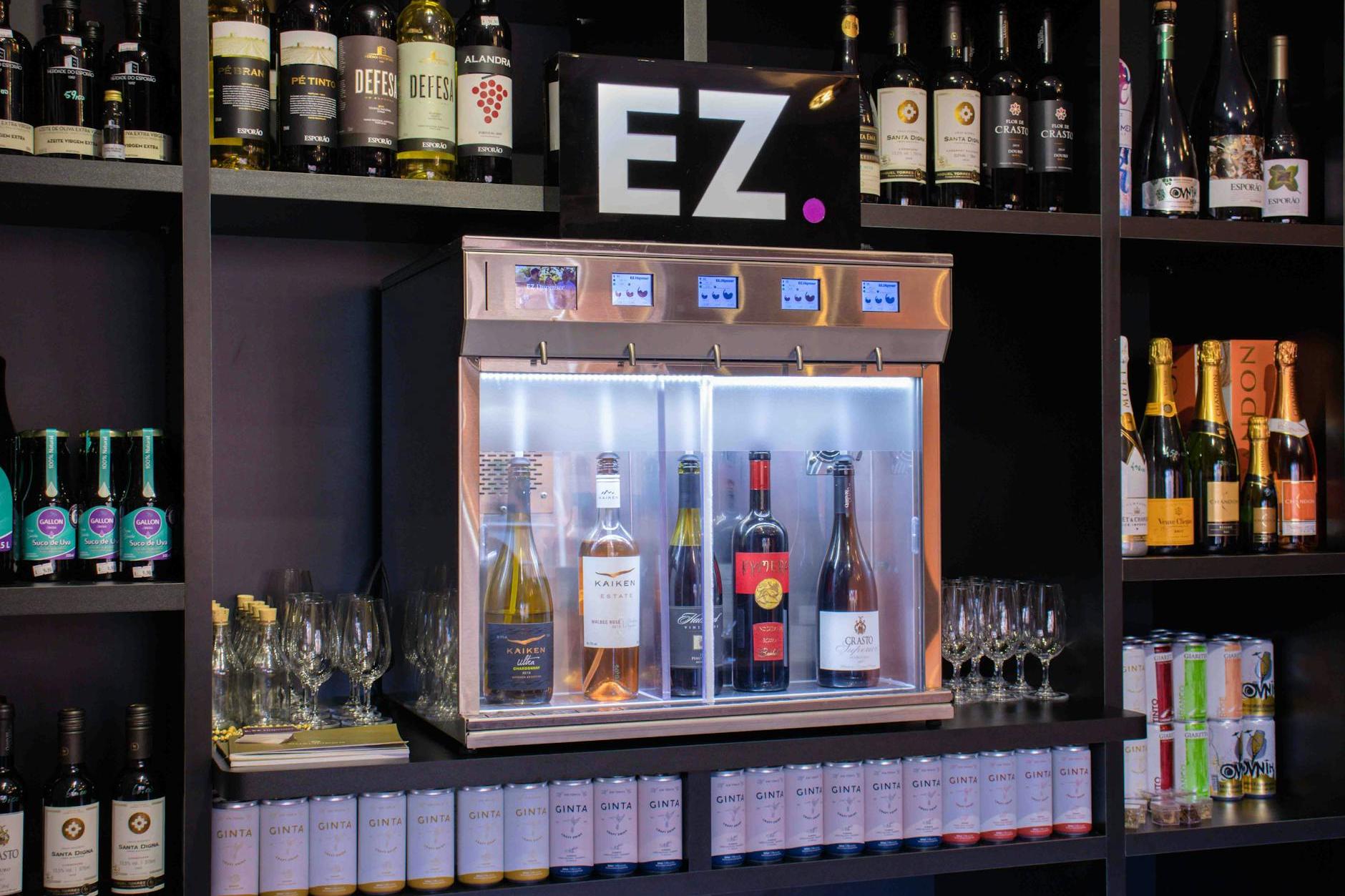- Shanghai Zhongshen International Trade Co., Ltd. - Two decades of trade agency expertise.
- Service Hotline: 139 1787 2118
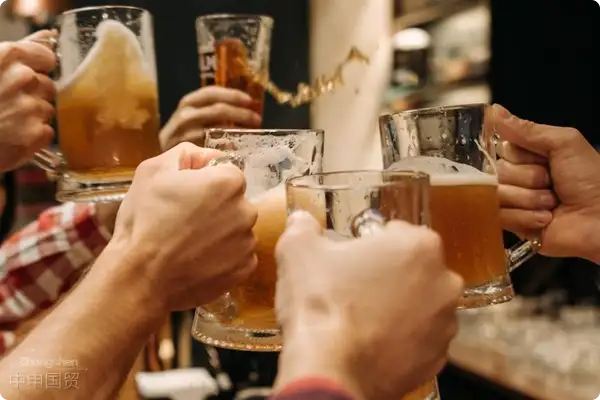
When Beer Meets Customs:Import RepresentationThe hidden threshold
Last year, a client came to me with a sample of German dark beer and immediately asked, "Can we declare it as an e-commerce express shipment?"—only to be harshly schooled by reality: importing beer is far more complicated than just logistics and transportation. Today, let's unpack this seemingly simple yet deceptively intricate field.
Triple Certification System for Agent Qualifications
- Food Business License ≠ Import Qualification: Many agents advertise so-called "universal qualifications" that actually exclude liquor import filing.
- Customs clearance performance verification techniques: Please provide copies of customs declarations for the same HS code (22030000) from the past 6 months.
- On-site inspection of storage capacity: Beer must be stored in a constant temperature environment below 18°C. Beware of the "shared cold storage" trap.
| Qualification type | Verification key points | Common Vulnerabilities |
|---|---|---|
| Customs clearance qualification | Customs AEO certification status | Using another company's qualifications for customs declaration |
| Food Recordation | Importer of Food Record Filing Number | Expired and unannualized filing documents |
The "foam trap" in the customs clearance process
Last month, a craft beer brand discovered during customs clearance that their agent had failed to declare the hop extract ingredients, resulting in the entire container of goods being held at the port. Special attention must be paid when importing beer:
- It is recommended to verify through the following methods:Match the book with the alcohol content (error not exceeding 0.5%).
- Is the Chinese back label pre-review service included in the agency fee?
- Compliance of Explosion-proof Packaging Certification Documents
Product selection strategy determines agency costs.
- Bottled vs. Canned: Glass bottles require a 3% higher breakage deposit compared to aluminum cans.
- Alcohol content threshold: Beers with an alcohol content exceeding 10% vol are subject to different tax rates.
- Special Category Alert: Craft beer containing whey protein requires additional quarantine approval.
The Art of Collaboration in Craft Brewing
The smartest collaboration case I've ever seen was between a Belgian brewer and its agent: the first trial order used a fixed commission model, while subsequent batches switched to a buyout mode. This tiered partnership not only reduces trial-and-error costs but also motivates the agent's promotional efforts.
Beware of these "deteriorated" clauses.
- Vague allocation ratio of demurrage charges
- The blind spot of consumption tax in tax-inclusive quotations
- Operations without brand authorization letters that "skirt the edges of legality"
Finally, here's a practical tool to share: the official website of the General Administration of Customs,Import Food and Cosmetics Verification SystemBy entering the agent's name, you can access the authentic registration information. Remember, a good beer agent is like the bubbles in craft beer—professional enough to support a complex structure, yet ensuring the collaboration process is as smooth as dense foam.
Related Recommendations
Category case
Get in Touch
Email: service@sh-zhongshen.com
Related Recommendations
Contact via WeChat

? 2025. All Rights Reserved. Shanghai ICP No. 2023007705-2  PSB Record: Shanghai No.31011502009912
PSB Record: Shanghai No.31011502009912
